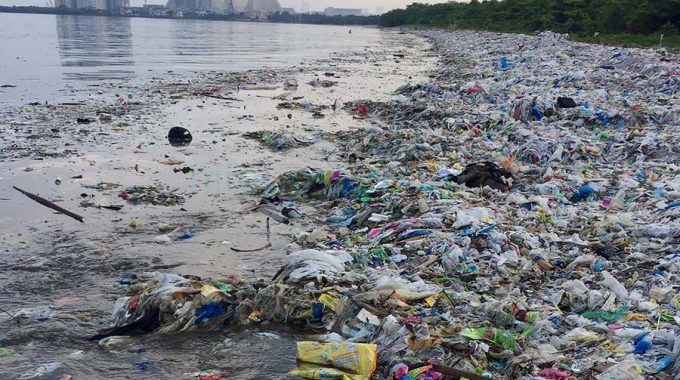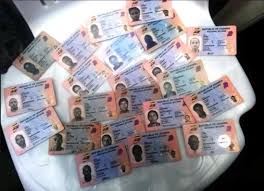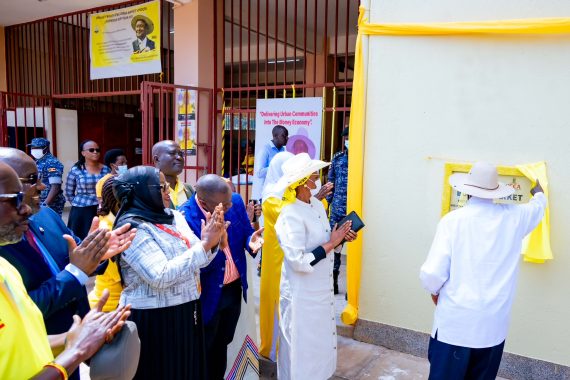NEMA Pokes Holes
Environment Minister Beatrice Anywar on Wednesday issued a stern order, banning with immediate effect the manufacture, importation, and use of polythene bags aka Kaveera .
Speaking to the media at the Uganda Media Center a braved Anywar said the ban was resolved by Cabinet to restore the environment in what has been dubbed as the ‘restoration decade’.
“The production, importation, and the use of polythene bags in this country called Uganda is banned,“Whoever issues license to factories manufacturing kaveera and operating in wetlands will be prosecuted,” Anywar said.
Anywar emphasized that the ban also targets plastic bags, cups, straws, coffee stirrers, soda, and water bottles, and most food packaging materials that pose a threat to the environment.
Anywar added; “We are enforcing the ban and we are going for a total ban this time,”
However, the National Environmental Management Authority-NEMA says otherwise.

NEMA Pokes Holes
Arnold Waiswa Ayazika, the acting Executive Director NEMA, says the National Environment Act (2019) gives an exception for plastic carrier bags or plastic products made of polythene and propylene of above 30 microns.
Ayazika insists that unless amendments are done, nothing can be implemented.
He explains that; “Until this is revised, the implementation of the ban is hard, as of now there is no legal backing for this decision. We are looking forward to operationalization of the pronouncements.”
He says the existing law under the act will require the gov’t to first give an action plan notifying the need to amend the law.
In 2009, parliament approved the ban on the importation, manufacture, and use of Kaveeras below 30 microns.
The move was triggered by demands from environmentalists, the ministry of Health, and the Uganda Cancer Institute who said Kaveera use is harmful both to the environment, human and livestock health.
In 2016, NEMA backed by police and the Uganda Revenue Authority-URA launched the implementation of the ban. But, it wasn’t for long.
It is believed that the gov’t efforts hit a dead end following influence peddling from profit-oriented persons and the business community that had heavily invested in the trade.















